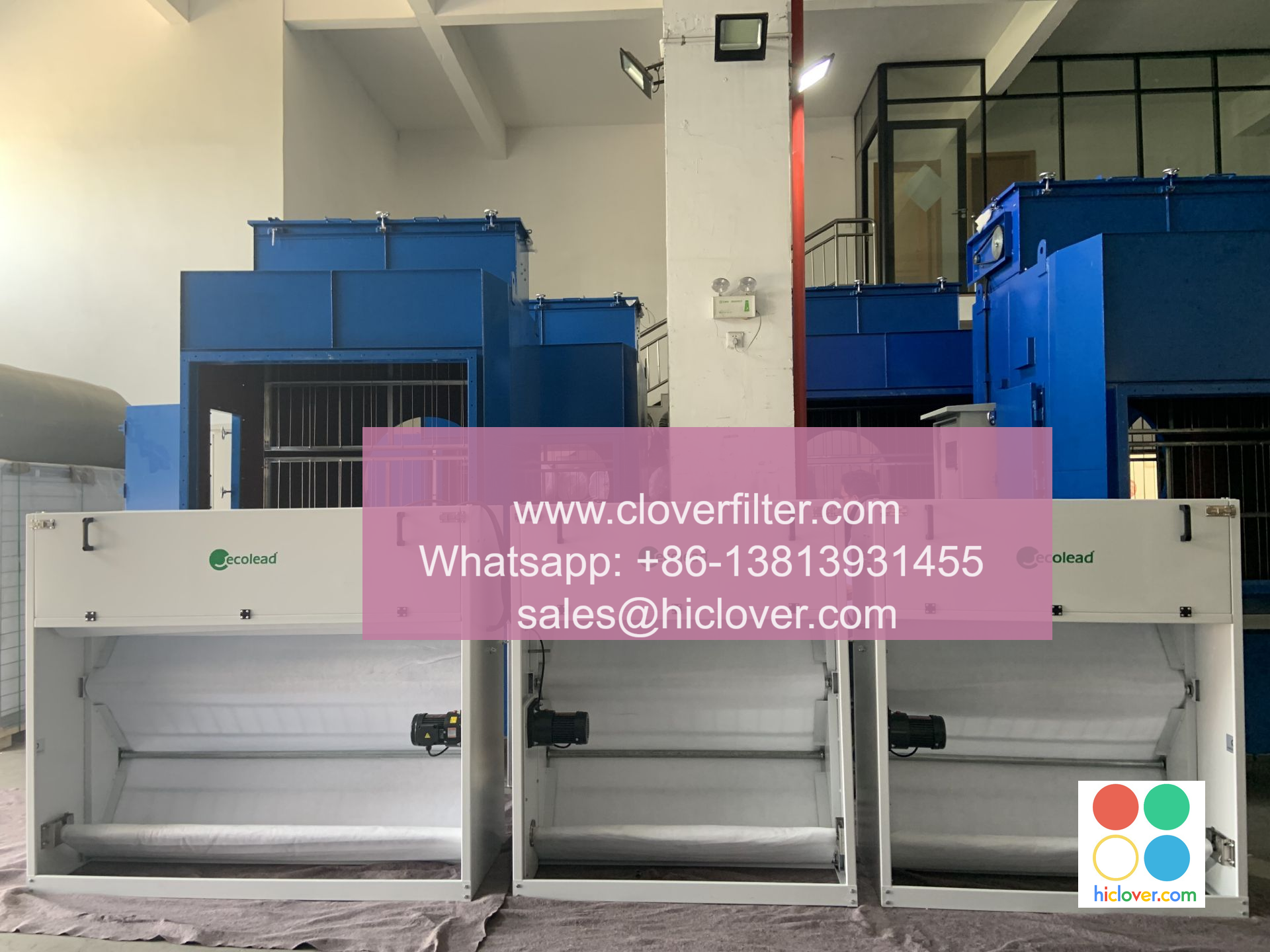Energy-Efficient Air Filters: A Cost-Effective Solution for Homeowners

Energy-Efficient Air Filters: A Cost-Effective Solution for Homeowners
Air filters play a crucial role in maintaining a comfortable and healthy living environment. Moreover, with rising energy costs, homeowners are under pressure to make their homes energy-efficient. As a result, energy-efficient air filters have gained popularity as an effective solution. In this article, we’ll explore the world of energy-efficient air filters and highlight their key benefits, applicability, and cost-effectiveness.
What Are Energy-Efficient Air Filters?
Energy-efficient air filters, also known as high-efficiency air filters or HEPA (High Efficiency Particulate Air) filters, are designed to capture 99.97% of particles as small as 0.3 microns in size. Conventional air filters, on the other hand, can only catch particles as large as 0.5-1.5 microns.
Cost-Effectiveness
Implementing energy-efficient air filters seems like a negligible expense, costing only a little more than their conventional counterparts. However, what they lack in upfront cost, they make up for in increased energy efficiency.
Prolonging HVAC System Durability
Since energy-efficient filters capture smaller particles, they tend to reduce pressure drop across heating, ventilation, and air conditioning (HVAC) systems, prolonging system durability. Over time, replacement costs for an HVAC system significantly outweigh the original energy-efficient filter replacement costs.
Rebates and Incentives
Many municipalities and utility providers offer rebates and incentives to homeowners who replace their conventional filters with energy-efficient ones. Not only do they save on initial costs, but they also unlock additional savings when combined with possible rebates and incentives.
Increased Energy Efficiency through Air Filters
Energy-efficient air filters have multifaceted energy-saving benefits that can be broadly categorized into six areas:
Reducing Energy Consumption with HVAC Systems
Energy-efficient air filters reduce friction and pressure inside HVAC systems, allowing them to operate more smoothly and efficiently.
Proper System Control
By increasing system efficiency and reducing pressure loss, energy-efficient air filters grant better control of HVAC systems during operation.
Reducing Energy Consumption
Energy-efficient filters minimize the quantity of air and energy required by HVAC systems.
Quieter Operation with Reduced Noise Vibration
Conventional filters would often produce humming or rattling sounds due to increased air volume. Energy-efficient filters reduce unwanted noise, rendering HVAC systems a more peaceful ally.
Tackling Cooling and Heating Tasks
Energy-efficient air filters expedite the tasks of cooling and heating systems in your home while doing so more proficiently.
Reduced Maintenance
When energy-efficient air filters capture all particles, not just the smallest, they limit the accumulation of debris within system components, curtailing maintenance concerns.
Application Areas for Energy-Efficient Air Filters
Residences
Energy-efficient air filters belong in every house, regardless of size or geography. They adapt to various family sizes, offering a solution applicable to single persons, families of four, five, or many more.
Commercial Building
Commercial locations, such as offices, health care facilities, and schools, can benefit exponentially from energy-efficient air filters considering the number of occupants and volume of air moved.
Elderly Person Care Facilities, Hospitals, Nursing Homes
Since energy-efficient filters capture even finer particles, sensitive individuals, vulnerable to airborne allergy triggers, live healthier lives among cleaner air supplied by these upgraded filters.
Health-related Facilities
To maintain optimal hygienic condition, energy-efficient air filters thrive in hospitals and health-related sites, safeguarding patients and working staff alike through the reduction in airborne pollutants
Purchasing Decisions
Investing in a high-quality, energy-efficient air filter is well worth the long-term benefits mentioned above. Your decision should stem from factors other than just your wallet. Other considerations include but are not confined to:
Filter Specifications, MERV Standards, and Product Certifications (e.g. MERV16, MPPS, U.S. Navy Standard)
Brand Competence and After-Sales Technical Support
Conclusion:
Energy-efficient air filters have more than one practical application. Each of these specific areas benefits remarkably from their exceptional performance. Adopting energy-efficient air filters enables homeowners to prioritize their comfort by reducing energy expense, noise creation, and long-term maintenance hassles. Incorporate these incredible filters into every aspect of personal and professional well-being for comprehensive, long- term advantages across various environments in your life – be it on a small townhouse or industrial-scale facilities where air quality standards are paramount.
Tips for Integrating Energy-Efficient Air Filters into your Home
Consider the following in your quest to optimize your own home’s filtering system:
It looks like you’re ready to get started! What would you like to chat about or need help with?


